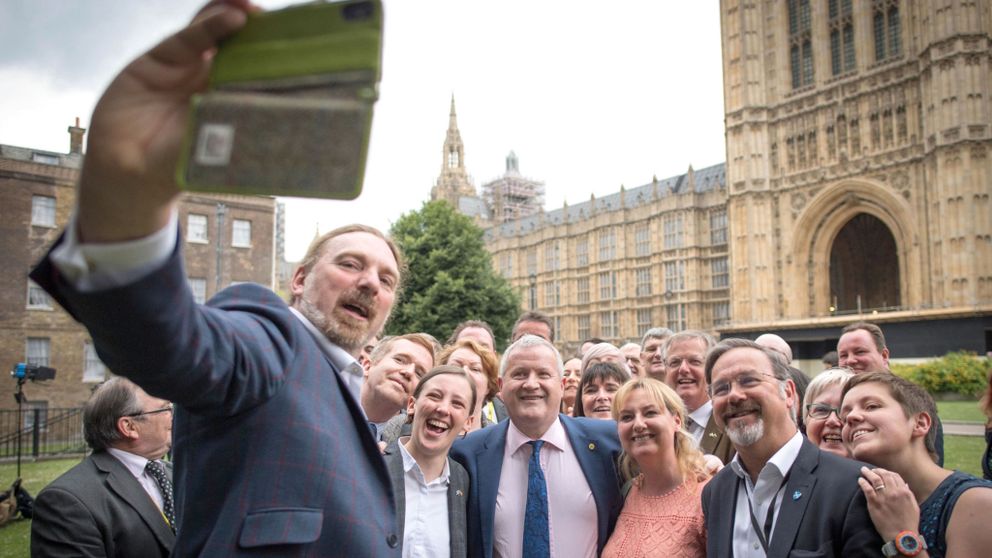Brexit and Devolution: a Quick Primer

These guys look REALLY pissed
Last night’s Brexit votes and today’s Parliamentary shenanigans have certainly drawn attention to legislative amendments in a way that, quite frankly, I have never seen. Naturally, the Scottish National Party want to be seen to be “standing up for Scotland” (they have to be seen to be doing something, I suppose), but beyond the sphere of a handful of hardened politicos and legal academics, I suspect that there is little appreciation, if any, of what was actually at the core of this debate.
For my first blog in quite a while (I’ve been trying to devote my time to that thing I actually get paid for), I thought, therefore, that I would write a quick primer in order to cut through some of the rhetoric.
What is clause 11?
At present, the Scottish Parliament may not legislate in a way that is incompatible with European Union (EU) Law. Clause 11 of the European Union Withdrawal Bill transposes that prohibition to what will, after we leave the EU, be known as “retained EU Law.” The effect of this, as introduced, was the prevention of any competences whatsoever transferring from Brussels to Holyrood. This was the principal reason for SNP, Labour, Green, and Lib Dem MSPs voting to withhold legislative consent for the Withdrawal Bill in Holyrood.
What did the Lords’ amendment do?
The House of Lords made a number of amendments to the Withdrawal Bill. One such amendment, amendment 26, vastly improved clause 11 of the Withdrawal Bill. The amendment removed the blanket prohibition on legislating for retained EU Law, and replaced it with a clause that was more limited in scope, and would be time limited to a period of two years for UK Ministers to make rules in these areas, and those rules could not have any legal effect after five years. After this period, all EU competences that would otherwise have fallen within the scope of the competences of the Scottish Parliament will transfer automatically to Holyrood.
The Tories voted for this amendment; not being perfect, but being better than the old clause 11, Labour and the Lib Dems abstained; the SNP voted against.
Why did the SNP vote against amending clause 11?
Quite simply, I have no idea. Voting against an amendment doesn’t remove the clause from the Bill, it simply leaves the Bill unamended, meaning the Bill progresses with the original version of clause 11 which the SNP, apparently, so vehemently opposed. By voting against the Lords’ amendment the SNP actually voted FOR the total power grab they purport to oppose.
But the SNP stood up for devolution today, didn’t they?
Quite simply, no. Through today’s pre-planned stunt (Pete Wishart has all-but admitted it was planned) Ian Blackford rendered himself ineligible to vote on today’s crucial amendments, including on continued membership of the single market. SNP MPs had questions on the order paper for PMQs which they were unable to ask as they flounced out of the chamber. Furthermore, having secured a motion to have an emergency debate on devolution (which the Speaker was willing to grant), their walkout meant that there was no one from the SNP to make that application and it was too late for another MP to do so. The SNP’s walkout meant that there was no chance for a debate on Brexit’s impact on devolution.
While I love a bit of Parliamentary theatre (and John Bercow is certainly wrong when he says the public don’t enjoy it), it becomes difficult to justify when it has a material effect on your ability to scrutinise one of the most important pieces of legislation to proceed through Parliament in over 40 years. Furthermore, while Nicola Sturgeon, naturally, has to go along with today’s tomfoolery, it is difficult to imagine a politician who has spent 30 years helping to mould the SNP into a credible party of government approving a stunt that is more befitting of a student union meeting.
